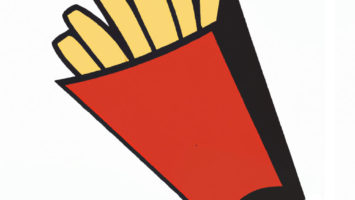Cornet Seminar – Olivier Bilenne – 18/11/2022
In the context of team Cornet’s seminars, Olivier Bilenne (ENPC) will present his research work on Solutions of Poisson’s equation for first-policy improvement in parallel queueing systems, on November 18, 2022, at 11:35 in the meeting room. Abstract: This talk addresses the problem of (state-aware) job dispatching at minimum long-run average cost in a parallel queueing system with Poisson arrivals. Policy iteration is a technique for approaching optimality through improvement of an initial dispatching policy. Its implementation rests on the computation of value functions. In this context, we will consider the M/G/1-FCFS queue endowed with an arbitrary cost function for the waiting times of the incoming jobs. The associated relative value function is a solution of Poisson’s equation for Markov chains, which I propose to solve in the Laplace transform domain by considering an ancillary stochastic process extended to (imaginary) negative backlog states. This construction enables us to issue closed-form solutions for simple cost functions (polynomial, exponential, and their piecewise compositions), in turn permitting the derivation of interval bounds for the relative value functions to more general cost functions. Such bounds allow for an exact implementation of the first improvement step of policy iteration in a parallel queueing system.One objective Plus d'infos

